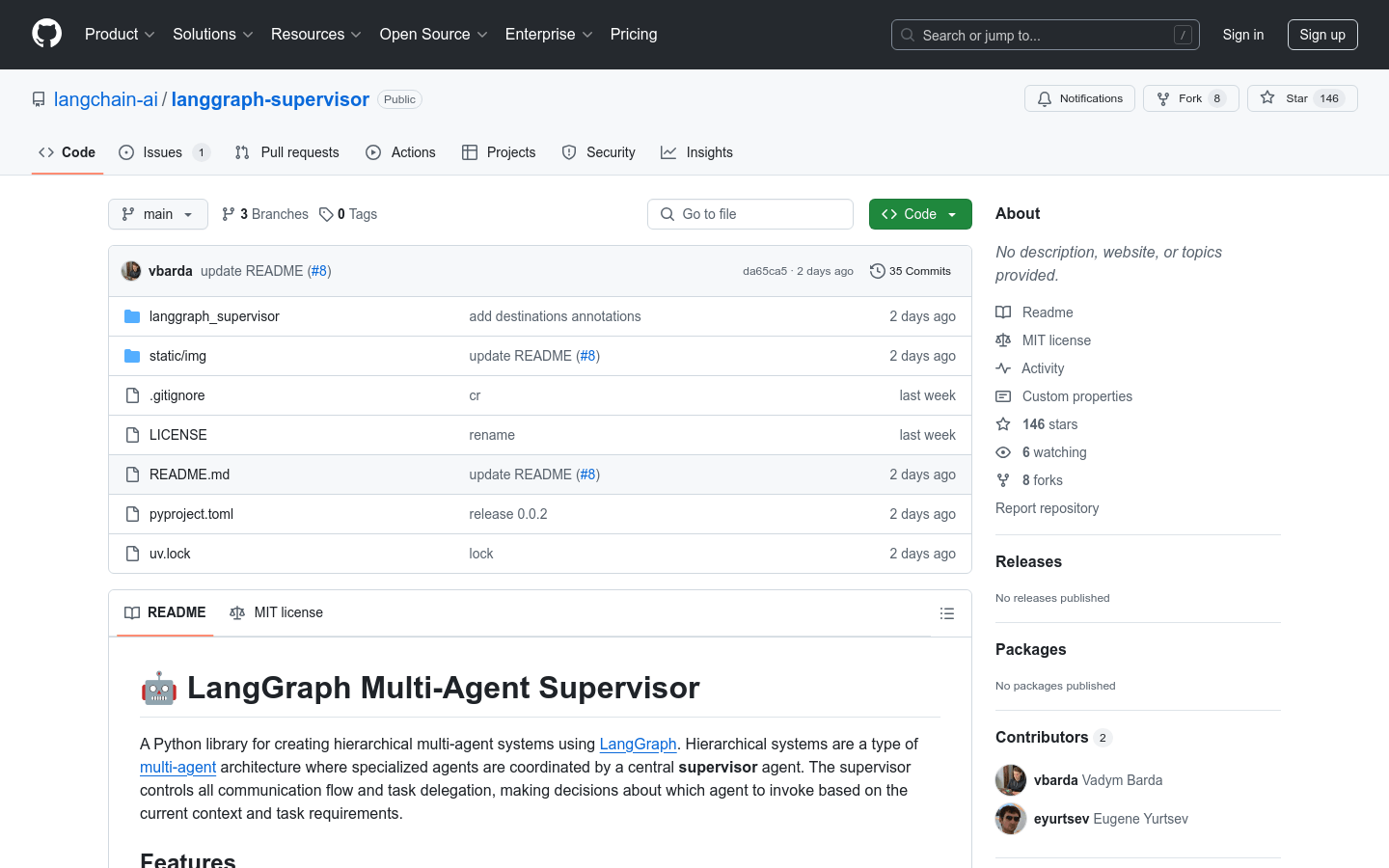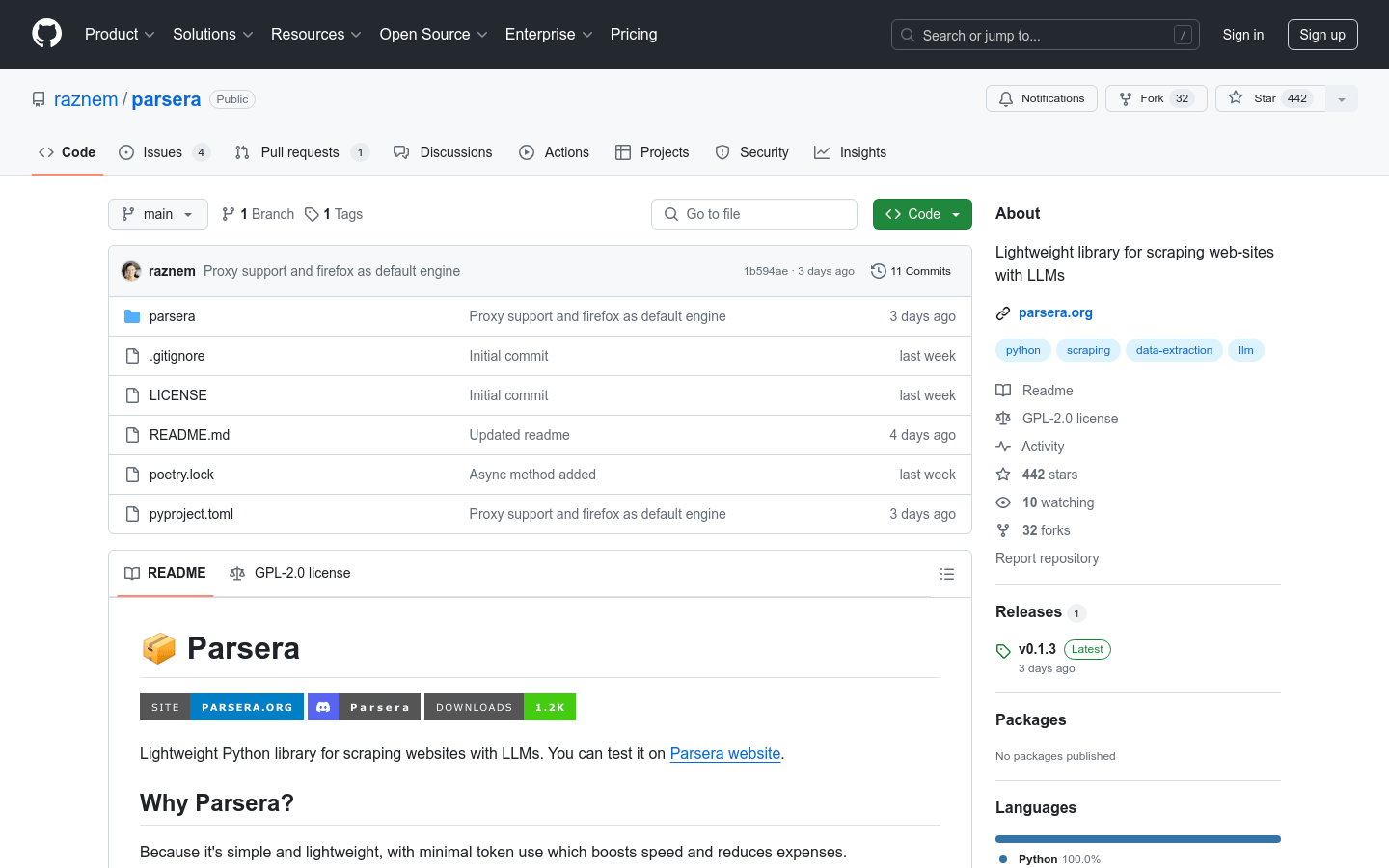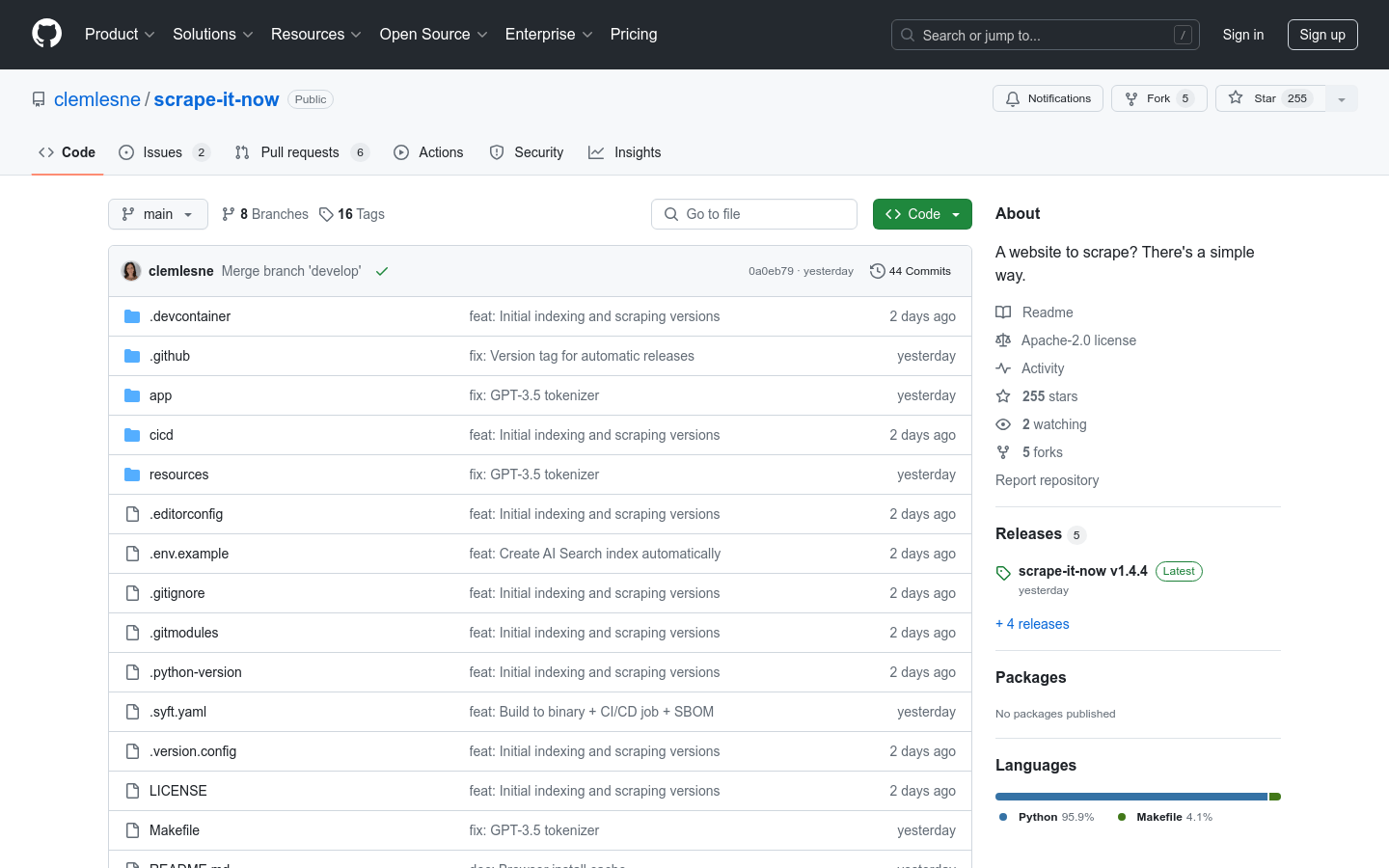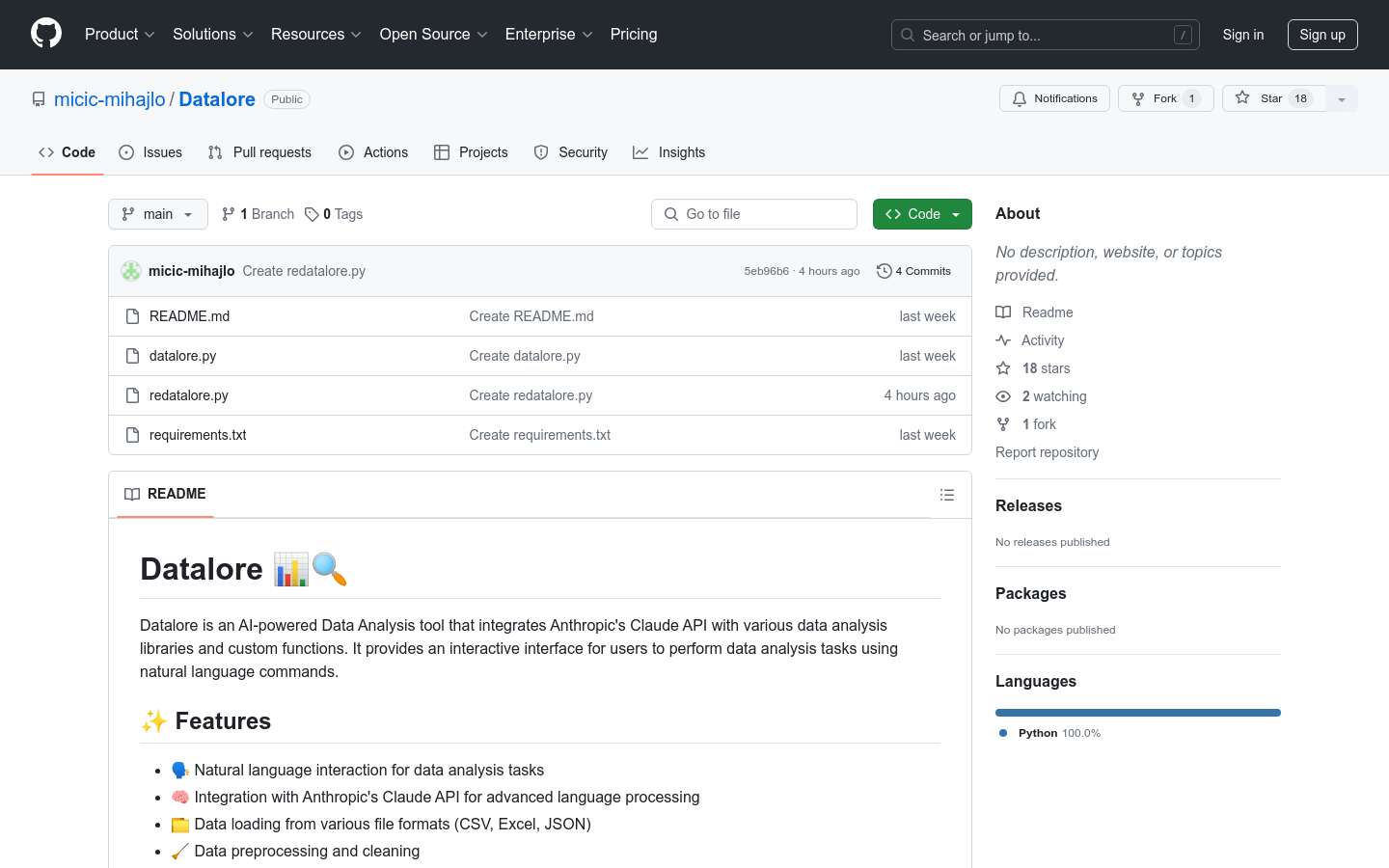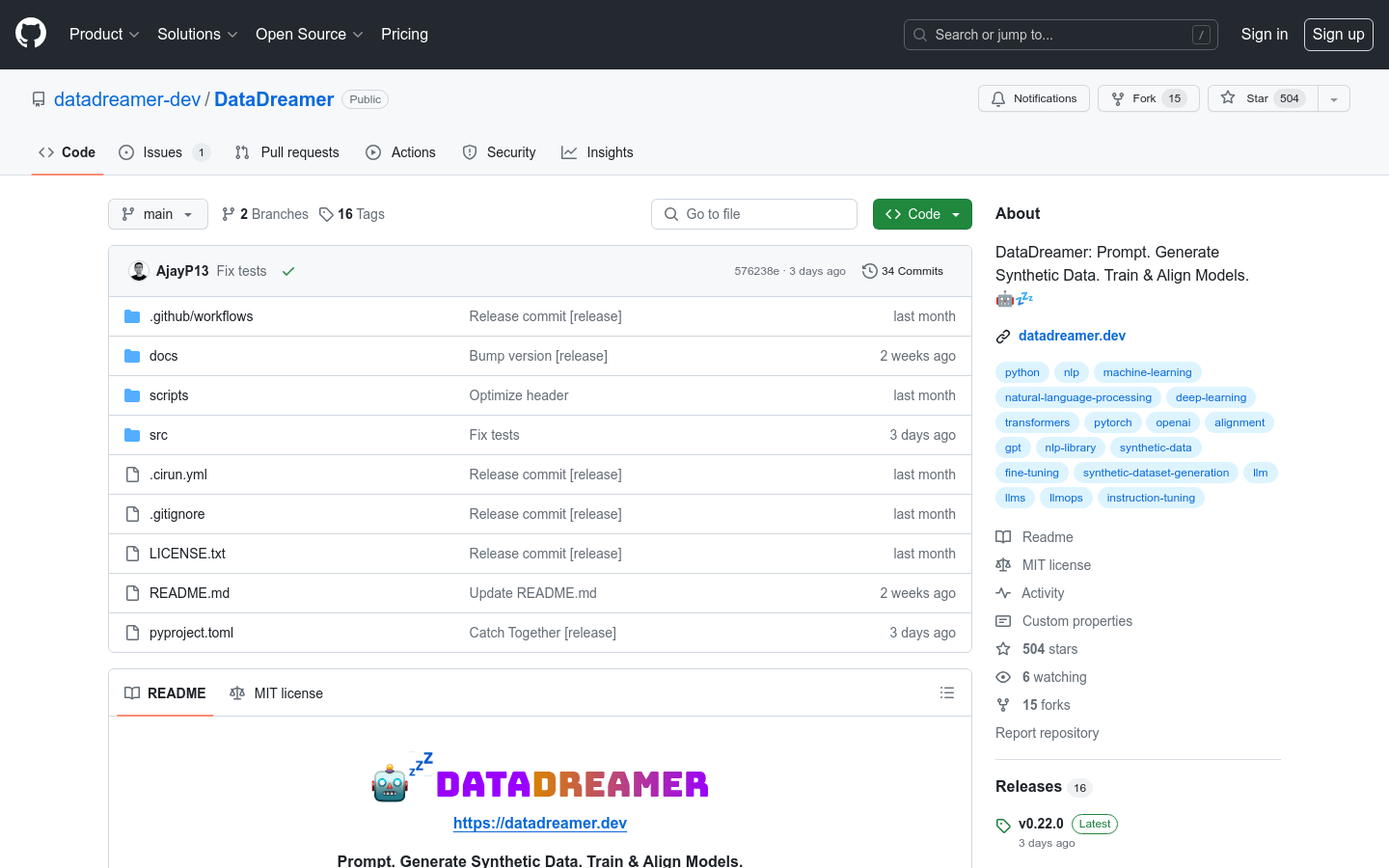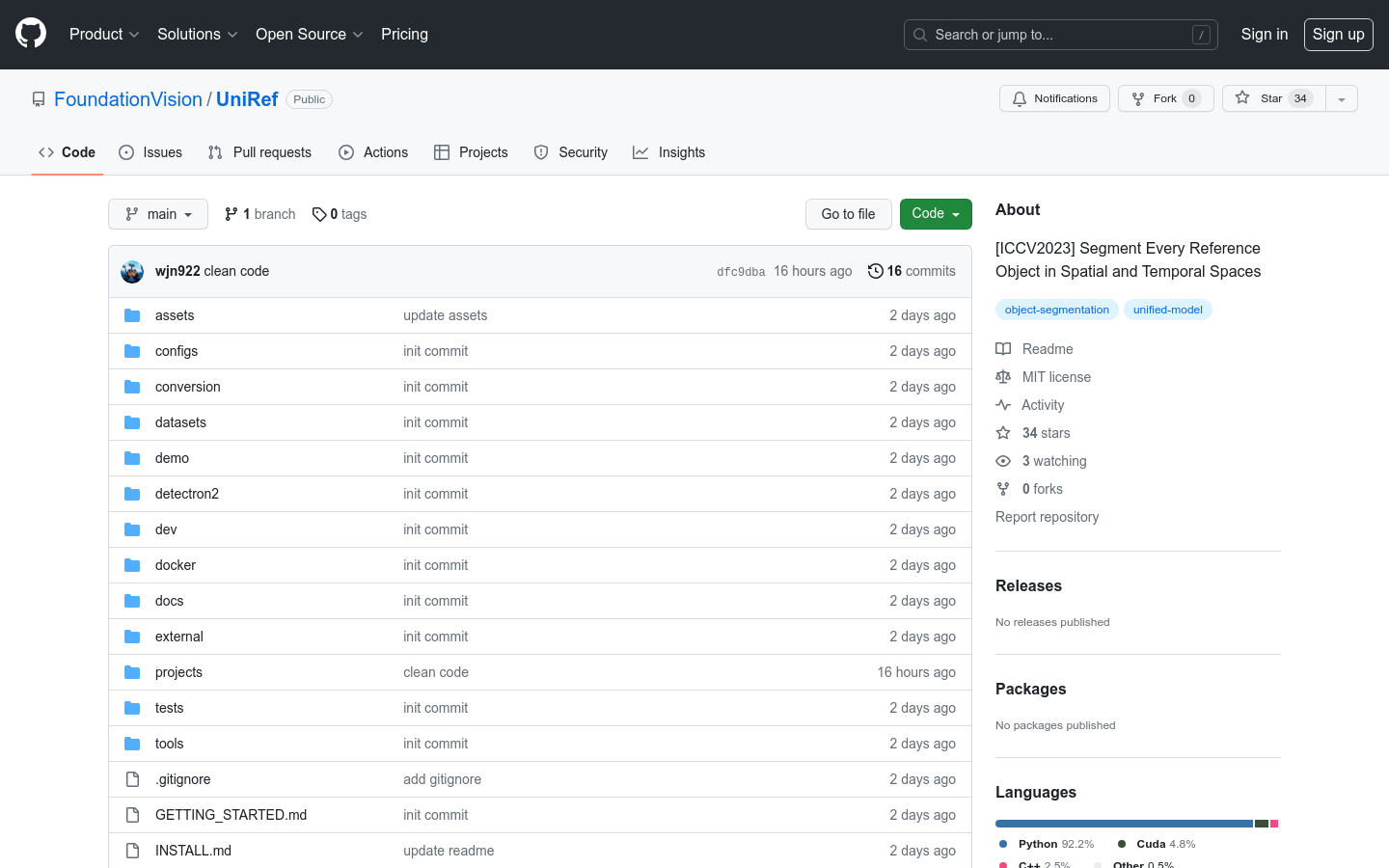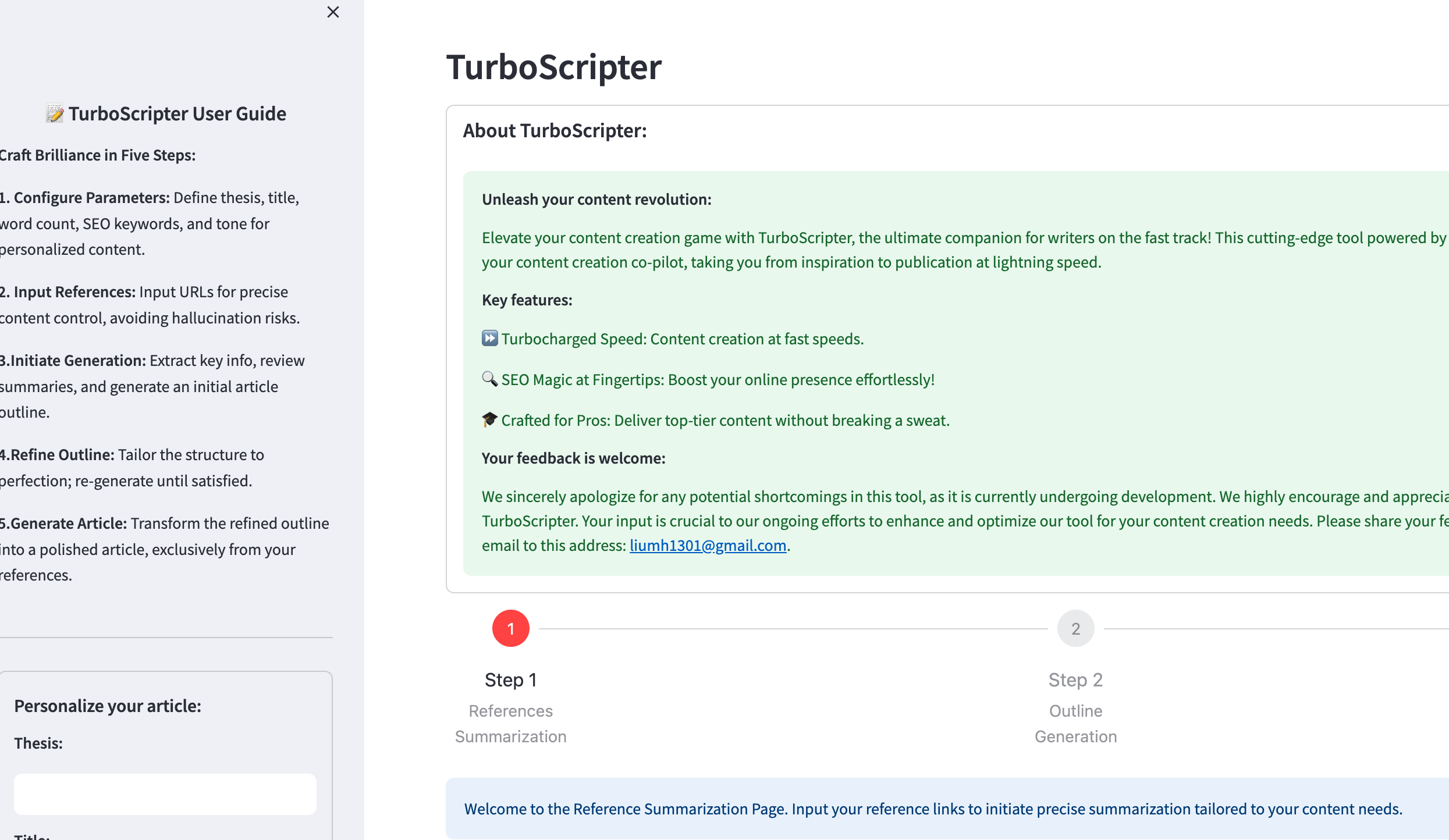Tag: Python
Found 52 related AI tools
#Python
Tag Tool Count: 52
Total Products: 52
Related Tags
AI (4556)
Artificial Intelligence (2992)
automation (1202)
image generation (690)
AI assistant (651)
natural language processing (637)
Open source (633)
social media (599)
personalization (589)
machine learning (559)
image processing (551)
chatbot (547)
data analysis (536)
educate (517)
content creation (510)
productive forces (457)
chat (423)
design (390)
creativity (365)
Multi-language support (365)







